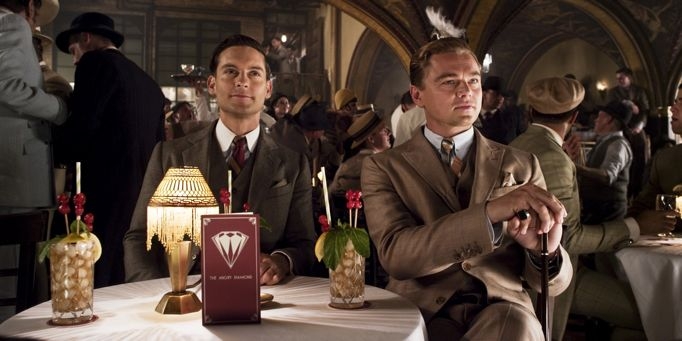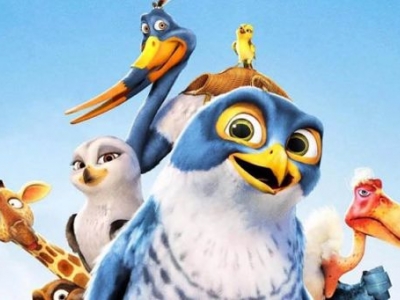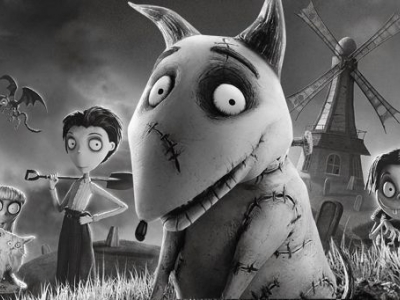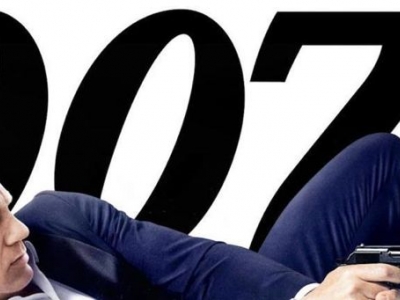
The Great Gatsby: Movie Review
What happens when the desire to be a self-made success gets out of control?
Audacious Australian director Baz Luhrmann was probably Warner Bros.’ best choice for reproducing the fabulously gaudy world of The Great Gatsby. Previous calling cards like Moulin Rouge and Romeo + Juliet showcase his ability to employ visual splendour that respects rather than overwhelms a story. But have his efforts preserved the more ordinary moral at the heart of this great American novel?
The Great Gatsby is told from the perspective of Nick Carraway, a young World War One veteran played by Toby Maguire who’s moved to Long Island in search of the new America. His cousin Daisy (Carey Mulligan) introduces him to a world of ease and expectation populated by figures like her discriminating husband Tom (Joel Edgerton) and her professionally bored friend Jordan (Elizabeth Debicki). Like a string of pearls, their privileges eventually lead them to the mysterious Jay Gatsby, an intense and outlandish millionaire personified by Leonardo DiCaprio. As Nick is drawn deeper into Gatsby’s world, he realises his new-found friend is obsessed with cousin Daisy. In fact his constant displays of excess are calculated to lead her back to his door. But this is more than an attempt to renew an old love affair. Gatsby is attempting to remake himself, and Daisy is the epitome of his dream. But will his rude awakening to reality crush his ambition or reveal the diamond within?
The appeal of the self-made man
Hollywood returns to The Great Gatsby as regularly as it retells the American Dream. This is the fifth film since 1926. It is the quintessential rise of the battler because Gatsby’s roots actually grow out of seedier ground than his high society neighbours. But on another level it’s a sober reminder that the American Dream regularly drifts out of reach. Confronting Gatsby’s desire for his wife, Tom tells him:
“We were born different from you. It’s in our blood ... Nothing that you do or dream up can ever change that.”
And that’s exactly the sentiment a modern audience would want Gatsby to triumph over. Since the time we could turn on a TV we’ve been raised on the inherent equality of all people, and Baz Luhrmann’s Gatsby is determined to remake himself. Nick Carraway observes that Daisy is just a step in the direction he wants his life to go,
“It had gone beyond her. It had gone beyond everything … Gatsby. No amount of fire could challenge the fairytale he had stored up in his heart.”
Yet we often forget that our right to be treated equally doesn’t mean we have the power to choose our destiny. DiCaprio says he wanted to play the film’s hero because he was drawn to “…the idea of a man who came from absolutely nothing, who created himself solely from his own imagination.” But the true foundation of our equality is that we’re equally unable to grasp our dreams. The Great Gatsby shows breeding is no sign of refinement and money no sure foundation for life, be it old or new. And its tragic conclusion demonstrates that even Jay’s love is no guarantee of happiness.
If there’s a Gatsby in the Bible, then it has to be the rich young ruler. He comes to Jesus with riches to spare and consumed by the need to live a loving life, but has no confidence he will receive God’s approval. Jesus tells him it’s because he’s fixed his heart on the wrong god:
“Go, sell your possessions and give to the poor, and you will have treasure in Heaven. Then come, follow me.”
The Great Gatsby might persuade today’s viewers that the first half of Jesus’ instructions make sense, because we’re still enamoured by DiCaprio’s self-made man. It’s the second half that will prove the most troublesome.
Watching The Great Gatsby with your kids
The Great Gatsby is a regular on high school reading lists and so I could conceive that it would be a good talking opportunity for parents of teens. Try some of the following questions after the movie:
- What is ‘The American Dream’?
- Gatsby had all the resource he could hope for – was he able to get his dream?
- Why do you think Jesus says, ‘The first will be last and the last will be first’?
For more articles from Growing Faith, subscribe to our monthly e-newsletter.
To hear about the latest books and resources from Youthworks Media, subscribe here.







